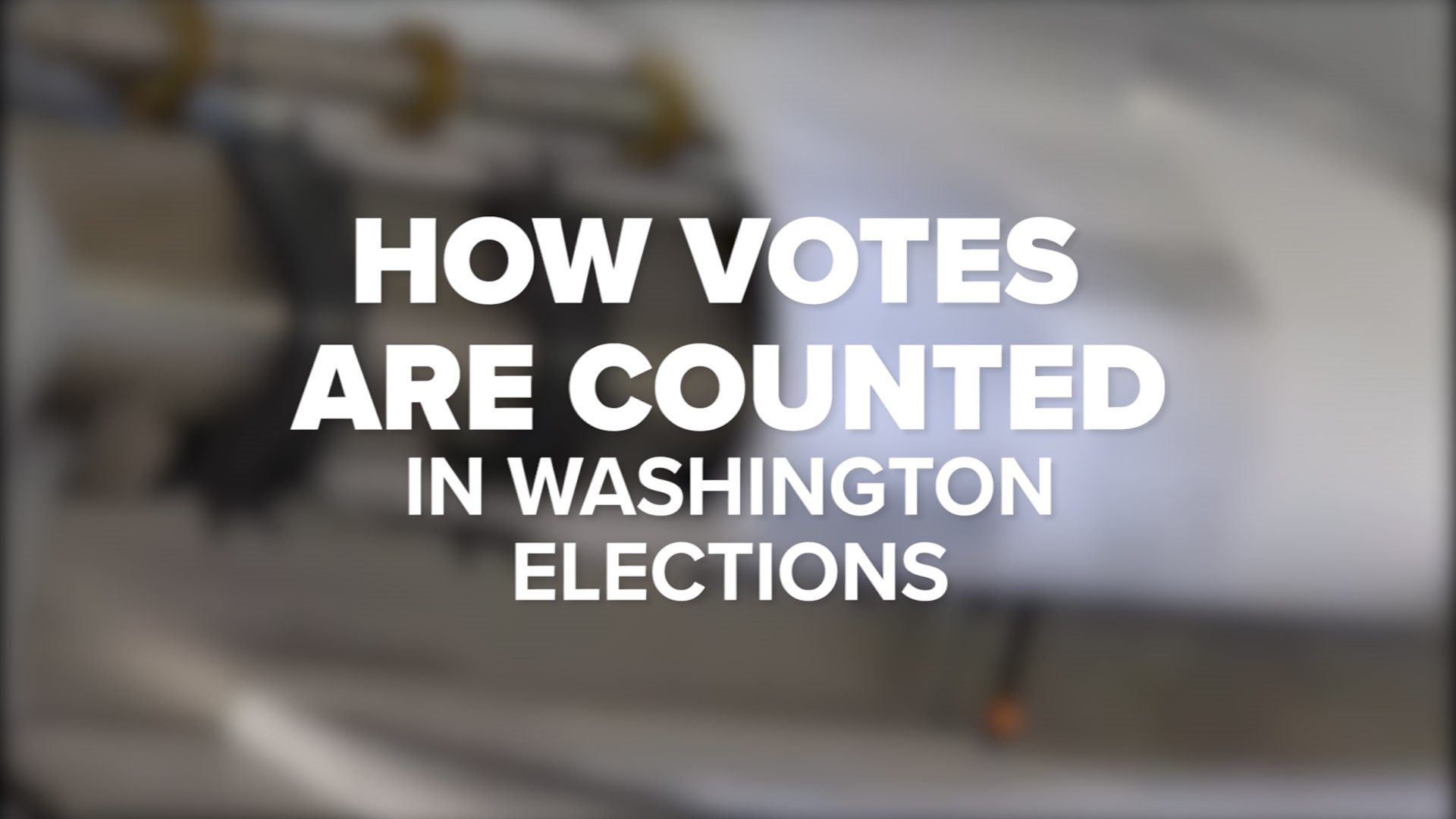BELLINGHAM, Wash. — Bellingham voters will decide on measures that would ban the use of certain policing technologies within the city and guarantee certain hourly and gig workers hazard pay during a declared State of Emergency.
Both initiatives made it on the November ballot after a signature-gathering campaign from the group People First Bellingham. The initiatives were met with some apprehension from the Bellingham City Council, which passed a resolution urging constituents to vote "no."
Initiative 2 would bar the City of Bellingham from using facial recognition technology or predictive policing technology, and would also prevent the city from contracting a third party to use those technologies on its behalf, according to an explanatory statement for the initiative. The city would also be prevented from using any data generated by facial recognition or predictive policing technologies.
The Bellingham Police Department does not currently use facial recognition technology but has used predictive policing technology in the past, according to the voter's guide. Predictive policing technology "uses computer models to anticipate likely crime events and inform actions to prevent crime," according to the National Institute of Justice.
People First Bellingham, which prepared the argument for the initiative, asserts facial recognition and predictive policing technologies have "enormous" potential for "egregious abuse of power and biased targeting." The group claims the community would be "better served by time-tested community engagement -- not biased algorithms."
The argument against claims the initiative is "written so broadly" that it would prohibit even "standard and proven methods" of tracking crime and prevention. "This initiative is an outright ban and would severely hinder future law enforcement," the argument reads. The argument against was prepared by Phyllis McKee, Sean Brogan and David Charleston.
Initiative 4 would require certain employers to pay employees a supplemental hazard pay of $4 an hour during a declared state of emergency. The initiative would also require employers to provide good faith estimates of weekly hours to new employees, provide schedules two weeks in advance, require advanced notice of schedule changes and require employers to compensate employees for changing work schedules without sufficient notice.
The argument for the initiative claims unpredictable scheduling is associated with higher levels of stress and poor health outcomes in adults, and is, therefore, a public health concern. People First Bellingham also argues guaranteed hazard pay would ensure frontline workers are "properly compensated as the pandemic continues and climate change worsens."
"Fair treatment for Bellingham workers will benefit both employees and citywide economic prosperity," the argument reads.
The argument against, written by three Bellingham business owners, asserts scheduling decisions should only involve workers and employers "without the city in the middle." The opposition argues industries would accrue significant costs which would then be passed on to consumers should hazard pay be guaranteed amid every state of emergency. "Unintended consequences of this untested far-reaching initiative will harm workers and consumers increasing challenges to Bellingham's recovery," the argument reads.
The argument against was written by Chelsie Acton, Kerri Lonergan Dreke and Sara Rotherbuhler.

